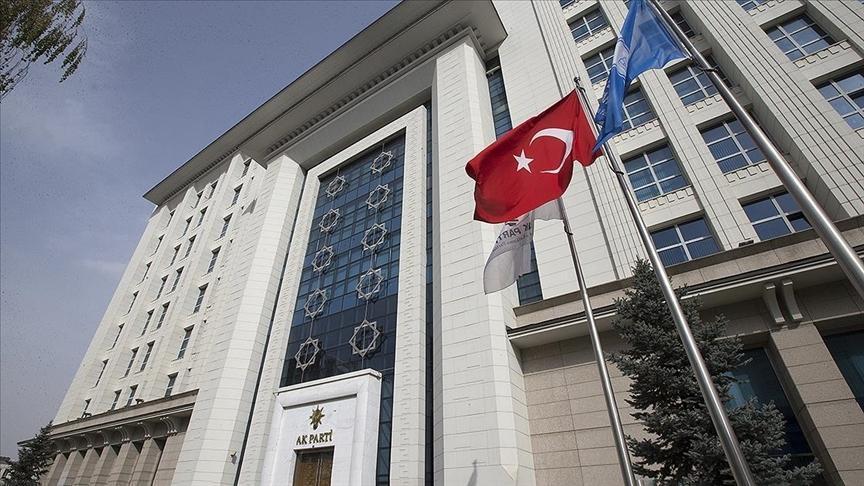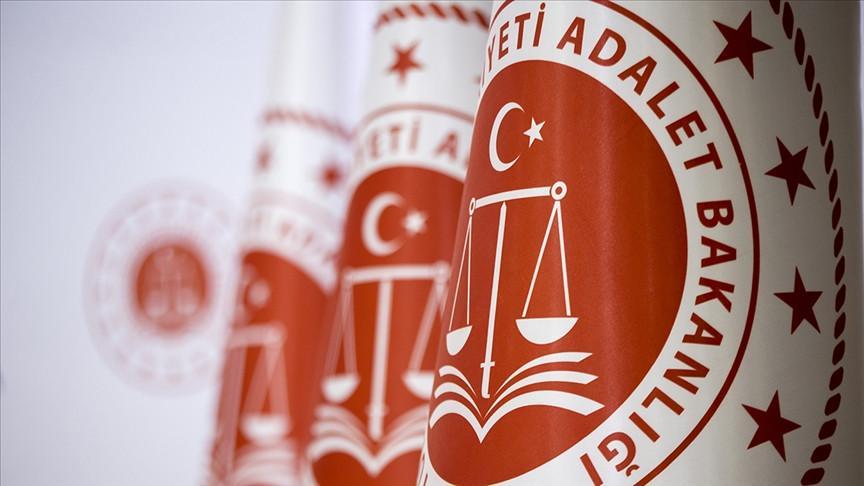Kemalism and normalization
The 2013 democratization package brings up two important issues. The Kemalist world had declared two sacred issues “unquestionable” and thus not open to discussion. The first issue was “the oath” primary school students have been reciting since the single-party regime. The second issue was the “headscarf” for the sake of which they did not hesitate to close political parties or even oust elected governments.
Prime Minister Recep Tayyip Erdoğan, with the democratization package, has, in effect, ended the imposition of these two sacred issues invented and revered by Kemalists on the millions who were not Kemalists. The oath will not be recited in schools anymore. In other words, primary school kids will not have to repeat an oath that makes Atatürk the foundation of their existence and declares each and every citizen a Turk. The headscarf ban will no longer be enforced in public offices. That means the women who wear the headscarf, which incidentally adds up to the 70 percent of the country’s female population, will be able to work in public offices.
Turkey is a country trying to achieve normalization. Almost all issues that fall under the umbrella of Turkey’s normalization attempts relate to modern Turkey’s founding ideologies. In other words, the closer Turkey comes to consolidating its democracy, the further away it gets from the heavy burden of the ideologies invented by the state itself. As such, the problem with Turkey’s normalization is related to the gradual transformation of the state. The modern Turkish Republic, since its inception, has been suffering from the pain of trying to decide what kind of a state it wants to be. The Kemalist elite’s demographic project of an imagined Turkey has long failed. Kemalism, which exhausted the last of its credit with the 1997 coup d’état, has been going through some form of restoration. What we are witnessing are actually the attempts to become a “normal state” by recasting state-religion, state-society and the military-civilian relations.
The AK Party’s unprecedented success at being elected three terms in a row is actually an indication of the society’s will to normalize. The people have made their preference for gradual reform with the AK Party very clear since 2002, instead of revolutionary changes that could bring the country to chaos.
They are also signaling that they will not withdraw their support for the near future. What the people receive in return for this support is not simply the process of normalization. They also benefit from the country’s economic welfare. They reap the benefit of near the four-fold increase of the gross national income in their daily lives. For many, it’s really this simple: The less Kemalism, the more economic prosperity.
Turkey will suffer from normalization pains just a while longer. Issues stemming from Kemalism will continue to plague our daily lives until the articles that regulate state-religion, military-civilian and state-citizen relations in the Constitution are amended. The AK Party, whose policies are geared toward making this change possible, will maintain its dynamism. Similarly, the Republican People’s Party (CHP) and the Nationalist Movement Party (MHP), whose strategies are geared toward defending these articles, will continue to embrace the status quo. The price these parties will pay for embracing the status quo is the loss of any chance of becoming an alternative to power. Both parties seem to be doing well with the consequences of their actions. They do not hesitate to choose the easy way out of remaining the opposition party, instead of the hard way of becoming an alternative to power.
However, as Turkey purges itself of the burdens of Kemalism, these parties will be unavoidably rendered meaningless.










